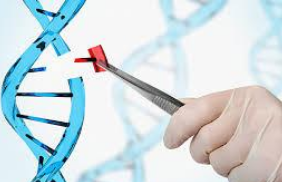
Cancer genetics is the science of genes inherited from parents which can inheriting mutations in one or more genes.
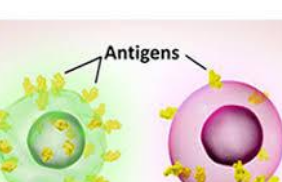
Cancer treatment vaccines, also called therapeutic vaccines, are a type of immunotherapy.
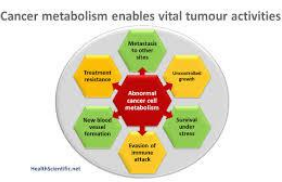
Cancer metabolism refers to the alterations in cellular metabolism pathways that are predominant in cancer cells.

Breast Cancer is the most common invasive cancer in women and the second leading cause of death after lung cancer.
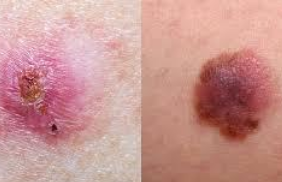
Skin cancer is uncontrolled growth of abnormal cells in epidermis, caused by DNA damage that triggers mutations.
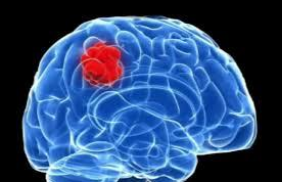
Brain Cancer is an overgrowth of cells in brain that forms masses called tumors.
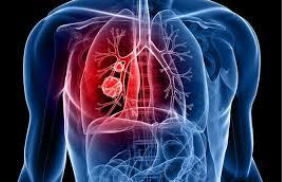
Non-small cell lung cancer (NSCLC) is the most common type makes up about 80 to 85 percent of all cases.
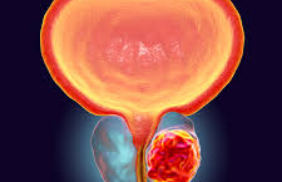
Prostate cancer develops in prostate gland. It is the second-leading cause of cancer deaths deaths for men in the U.S
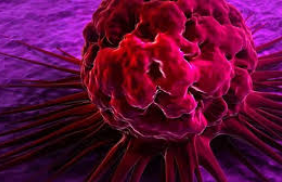
Oncology is a branch of medicine that deals with the study of cancer.
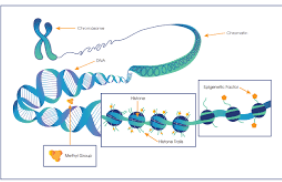
Epigenetic control depends on small chemical changes to DNA or the proteins in chromosomes.
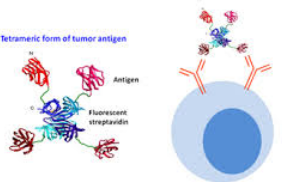
Cancer immunology is study of interactions between the immune system and cancer cells, which is a rapid growing field.
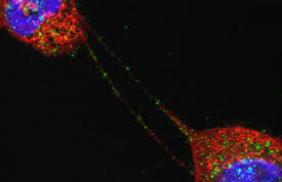
Disruption of intracellular signaling is leads to different diseases, including cancer.
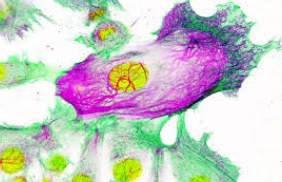
Some cancer cells to break off from their tumor of origin and take root in a different tissue.
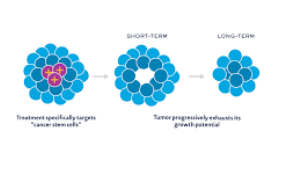
Preclinical stem cell-based strategies show great promise for use in targeted anti-cancer therapy applications.